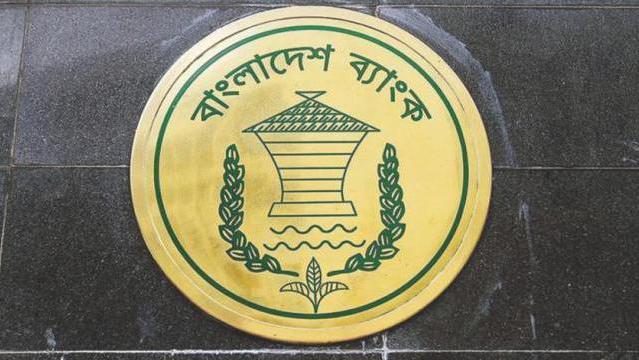BB loosens rules for loan classification

In a major move, the central bank yesterday eased the loan classification rules as it continues to engineer to show a lower nonperforming loan figure, which hit almost Tk 1 lakh crore as of last year.
From June 30, borrowers will get more time to pay off their instalments -- a development that analysts said will intensify the ongoing liquidity crisis and encourage habitual defaulters to not pay back.
This comes on the heels of its move in February to relax the loan write-off policy to look banks' NPL seem less.
At the end of 2018, the total default loans in the banking sector stood at Tk 93,370 crore, which is 10.30 percent of total outstanding loans, according to data from the Bangladesh Bank.
In the notice sent out on Sunday, banks will now treat term loans as sub-standard if no instalments were made for nine straight months, up from three months at present.
Non-payment of instalments for 12 months and 18 months will land the accounts in the doubtful and bad categories respectively, up from six and nine months currently.
The term loans will be a six-month grace period, meaning non-payment of instalments, which tend to be monthly or quarterly, for six months would not land the accounts in the overdue category.
Previously, skipping one instalment would send the account to the overdue territory, the repercussion of which is that the borrowers would face difficulty in getting loans from another bank.
For demand and continuous loans, banks can consider those as sub-standard if the borrowers do not pay instalments for three to nine months in contrast to existing three months.
Non-payment for nine months and 12 months would land the accounts in the doubtful and bad categories, up from six and nine months respectively.
Continuous loans include current credit and overdraft loans, whose maximum tenure is one year.
Demand loans are short-term credits that help borrowers to run their import and export related businesses smoothly.
Borrowers, however, give out term loans to borrowers on a long-term basis and the repayment process is through monthly or quarterly instalments. “This is more lenient than before 2012,” said a BB official.
In 2012, the central bank had tightened the loan classification rules by reducing the timeframe by three months for treating the three types of classified loans to bring the banking sector in line with global norms.
The central bank's move would not bring any good for the banking sector; rather it would encourage borrowers to not repay loans, said Ahsan H Mansur, executive director of the Policy Research Institute.
The new rule will significantly facilitate habitual defaulters as the majority of them got term loans in the name of project implementation, he said.
“For the time being, default loans will reduce, but the wily defaulters will not change their habit. So, NPLs will go up significantly when the new time frame set by the central bank will end,” said Mansur, also a former official of the International Monetary Fund.
The image of the country's banking sector will be eroded as the rule goes against Basel III guidelines, he added.
The central bank had revised the loan classification rules for the sake of the country's banking sector, said Syed Mahbubur Rahman, chairman of the Association of Bankers, Bangladesh, a platform of private banks' chief executives.
Both borrowers and lenders should not misuse the scope and make the best of it, said Rahman, also the managing director of Dhaka Bank.
He, however, feared that the new instruction will further hit the ongoing liquidity crisis as it offers more time to clients to repay their loans.
